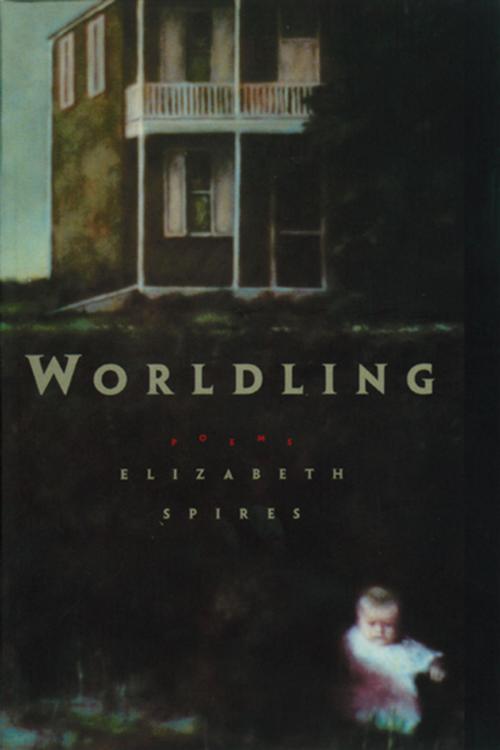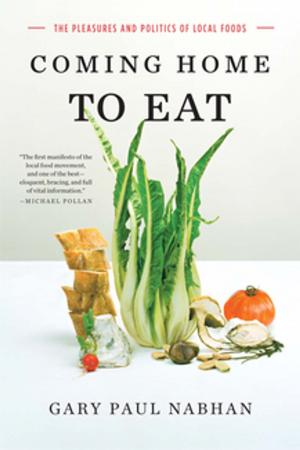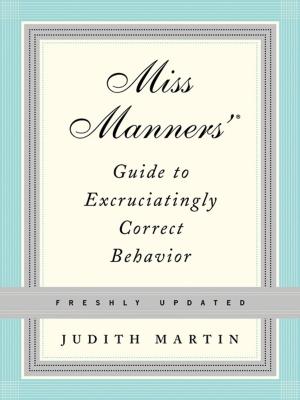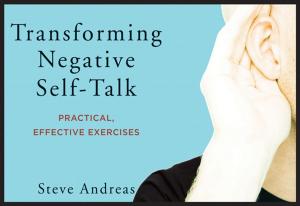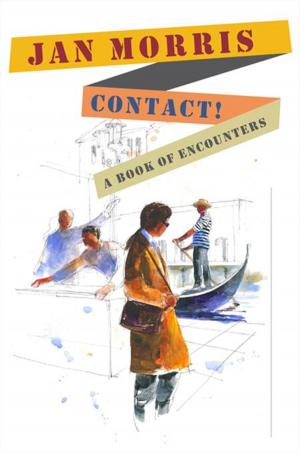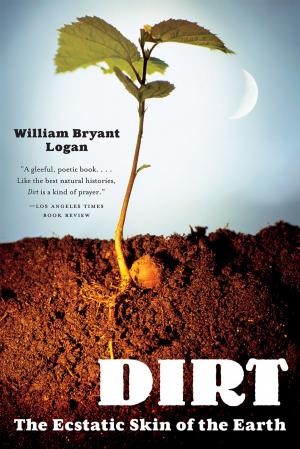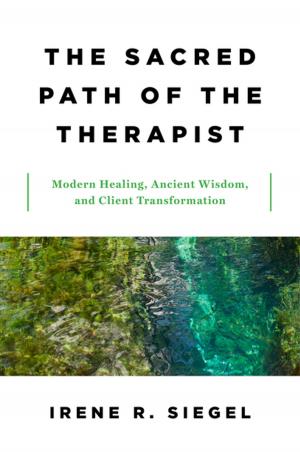| Author: | Elizabeth Spires | ISBN: | 9780393285666 |
| Publisher: | W. W. Norton & Company | Publication: | June 17, 1995 |
| Imprint: | W. W. Norton & Company | Language: | English |
| Author: | Elizabeth Spires |
| ISBN: | 9780393285666 |
| Publisher: | W. W. Norton & Company |
| Publication: | June 17, 1995 |
| Imprint: | W. W. Norton & Company |
| Language: | English |
“With not one wrong move, not one word off-key or trivial, this collection of poems makes us experience intimate, yet not necessarily personal, contact with the poet who lets us at times see the struggle behind the refined sensibility. . . .Spires asks the big questions with such competence and polish that we admire her sweating, our metaphysical gladiator, guarantor of our considerable pleasure.” —Nancy Nahra, Philadelphia Inquirer
Winner of a 1996 Whiting Award. In her fourth collection of poems Elizabeth Spires addresses the elemental subjects of life and of literature: birth, death, creation, and intimations of immortality. The first section focuses on the experiences of conception, pregnancy, and childbirth from the points of view of both mother and child. The second section offers a reversal and reply in which the poems move out into a divided and divisive world. These poems are distinguished by an immaculate lyricism, a pristine sense for the natural world and the rhythms of language.
“With not one wrong move, not one word off-key or trivial, this collection of poems makes us experience intimate, yet not necessarily personal, contact with the poet who lets us at times see the struggle behind the refined sensibility. . . .Spires asks the big questions with such competence and polish that we admire her sweating, our metaphysical gladiator, guarantor of our considerable pleasure.” —Nancy Nahra, Philadelphia Inquirer
Winner of a 1996 Whiting Award. In her fourth collection of poems Elizabeth Spires addresses the elemental subjects of life and of literature: birth, death, creation, and intimations of immortality. The first section focuses on the experiences of conception, pregnancy, and childbirth from the points of view of both mother and child. The second section offers a reversal and reply in which the poems move out into a divided and divisive world. These poems are distinguished by an immaculate lyricism, a pristine sense for the natural world and the rhythms of language.
